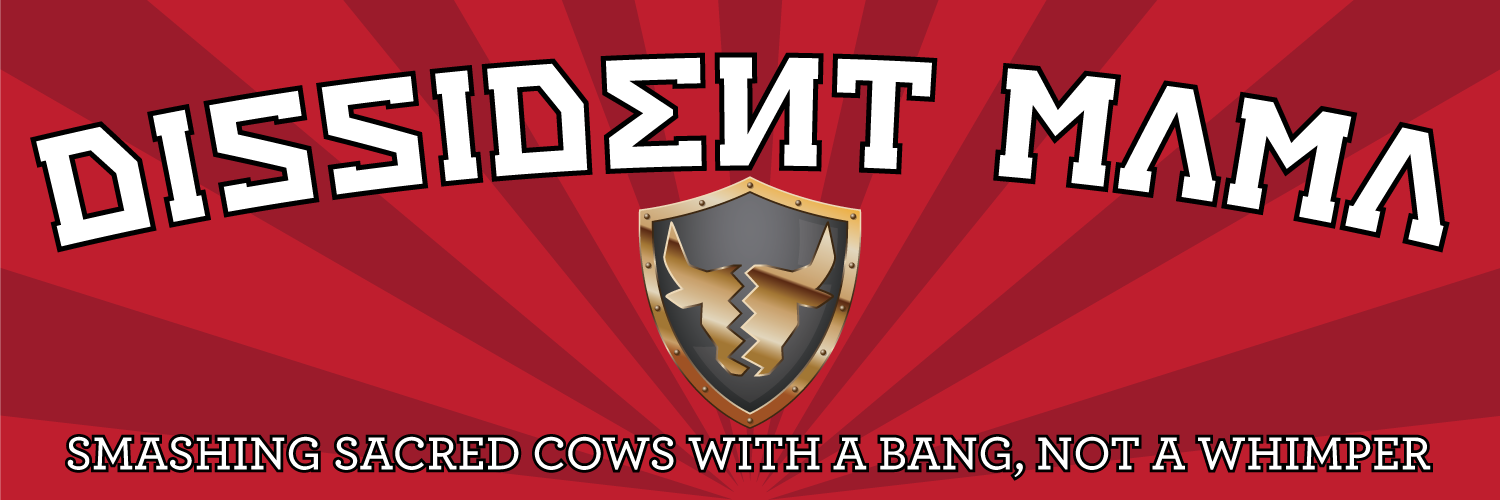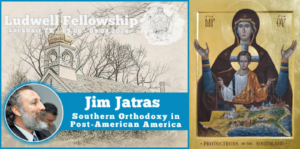By Carl Jones
I was watching a British movie recently about some British soldiers during WW II who were trapped behind enemy lines and trying to get to Dunkirk. The movie, as I said, was made in Britain by a British production company, and throughout the movie the soldiers frequently used the word “ain’t.” This would probably surprise a lot of Americans today who’ve been taught incorrectly that the word is “Southern slang.”
Ain’t is a contraction that has been in the English language for over 500 years. The thing is, it originated, I believe, in Southern and Western England where the ancestors of many Americans, especially Southerners, came from, but was presumably not used in the Eastern Counties where the Puritan ancestors of many New Englanders came from.
I heard one linguistic educator say that “when a person used the word ain’t in the 1600s, he was considered to be showcasing his aristocracy.” In other words, it was not only an English word, but a word of the upper crust of society.
The idea that ain’t is not a word, or that it is “ignorant” or “hick” in nature, is an assertion put forth by Yankees (not to be confused with “Northerners,” most of whom are not Puritan descendants). Noah Webster, a Yankee, wrote his dictionary as a means of teaching “wayward” Americans from outside of New England “proper” English. By proper, he meant “Yankee” English.
As Professor Clyde Wilson pointed out, Shakespearean theater performed properly would be performed with a Southern accent because Shakespeare was from Southern England, which is where at least one of the half dozen or so Southern dialects originated.
Attempts by “elites” to change our language are no different than attempts to take down our flags, our monuments or to teach the Yankee version of why the South seceded. It is an assault on our Heritage and our culture. It’s a part of an ongoing and generations-old attempt to make all Americans over in the Yankee image. To make us forget who we are. Like most other leftist initiatives, it is also birthed in pure “ignorance.”
Carl Jones is past Chief of Heritage Operations for the Sons of Confederate Veterans, past Alabama Division Commander of the SCV, current Army of Tennessee Councilman, and NRA Certified Firearms Instructor.
Some additional info:






Comments
Good evening, I’ve been aimin to thank you for sharing the picture from the General Forrest funeral, it was a great picture of you lol. Carl really gets the truth of the War for Southorn Independence, and is great in expressing it in the written word. Proud to have his friendship and a Brother member of the Thomas Jefferson Denney camp #1442.
Author
I can count on 2 hands folks that I’m pretty darn sure would have my back when poop hits the fan, and you and Carl are both on that short list. Deo vindice, my friend. 🙂
Yep! One more indication that we Southrons need to totally ignore Those People, and get on with living and loving our own culture!
Author
Right you are, DD. “Those people” can go jump in a lake for all I care. I ain’t concerned one bit about them, if they’d just let me be.
Loved your article about the word,” a’int ” . Quite informative and true. It reminds me of the ” proces verbale ” [ the courtroom text ] of the trial of the famous,or infamous,Lizzie Borden,who,as you know, ” … took an axe and gave her mother forty whacks,and when she saw what she had done,she gave her father forty-one … ” . She was tried,and acquitted,in Fall River,Massachusetts in 1894 or 1895 [ don’t quite recollect the exact year offhand ]. During the trial,the prosecutor asked Lizzie something like [ and this is not an exact recollection ], ” But,you say you was in the barn loft at the time. ” . But,these were all highly educated and pretty refined personages,by the standards of that period of history,and even by current standards. The ,” you ” was singular,and,therefore,the speaker used the singular form of, ” to be “. ” You was ” and not,” you were “,as we would expect. So,the usage was different in Upper Class New England in the 1890’s.
I gathered all this from a book by an American man who lived his whole life in that very same Region,and he was familiar with much local,” underground ” history not accessible to many other authors,intelligent and skilled though they may be. He points out that Lizzie was NOT the person who wielded the axe,and he identifies the actual murderer. All the real facts and the real culprit were well known to the officials in Fall River – men such as the Sheriff , the Coroner , the Prosecutor , the Judge , etc., and that explains why Lizzie was given such an amazingly swift and easy acquittal – all for a ” price ” , of course , as you might easily guess , since a Lizzie Borden,acquitted and free,was legally entitled to her father’s very substantial holdings in money,real estate, etc. But – that’s a long – though exciting and fascinating – story – and so,I won’t go into it here,perhaps using too many of the webmaster’s bits & bytes.
Author
Fascinating bits and bytes, Joseph. And ain’t it funny how language is still used today to control and convict? And the Lizzie Borden rabbit trail? Well, I may just have to dive down that one, as I’ve never even given it an extra thought. Thanks for piquing my interest in an even further deep dive of newspeak (Yankee iterations through force or fashion), where it came from and where it’s going.
In one of my books is reprinted an article from the old Southern Partisan “Shakespeare spoke Southern” which goes into the whole matter. See also, by the great scholar Cleanth Brooks, THE LANGUAGE OF THE AMERICAN SOUTH
Author
Dr. Wilson,
You and that Southern Partisan article were Carl’s inspiration for talkin’ up ain’t and yonder and such. And you are my inspiration for trying (but usually failing) to nail those pre-Yankee spellings, such as grey, not gray; neighbour, not neigbor; and theatre, not theater. The indoctrination is hard to break, but learning more about the roots of the South’s language and its many unique and peculiar manifestations makes me want to bust those chains. Note to self: buy this Clean Brooks book per the suggestion of Dr. Wilson! Thanks so much for sharing your thoughts.
Great article. I was always proud when someone told me that I speak too southern. It just let me know that they didn’t belong down here and was glad that my southern draw was getting on their nerves. I have also been told that my southern was very sexy and they loved listening to it. I was always tell those yankee women that it was because up north yall haven’t met real men…..lol
Author
Like we chatted about off-air after my interview with you, I’m envious of your thick Carolina accent. I wish I had more of one cuz in my book, ain’t nothin’ as “too Southern!” And you’re right: a Southern accent is both charming and intriguing. One of the reasons I fell in love my husband was his manly Texas accent. I don’t hear it so much anymore, not sure if he’s lost it or if I just don’t notice it after 23 years, but it was sure alluring to me back during our courting period.
Hi there Dissident Mama! I’ve loved reading stuff on your website, keep up the good fight. Always a noble thing to try and offer people real history and culture.
Author
Thank you, Copperhead. I’m glad you’ve found DM, and I hope you keep reading and hopefully sharing my stuff ’round. Defending “people history and culture” is in short supply these days, so I say the more eyeballs that can be introduced to it, the better!